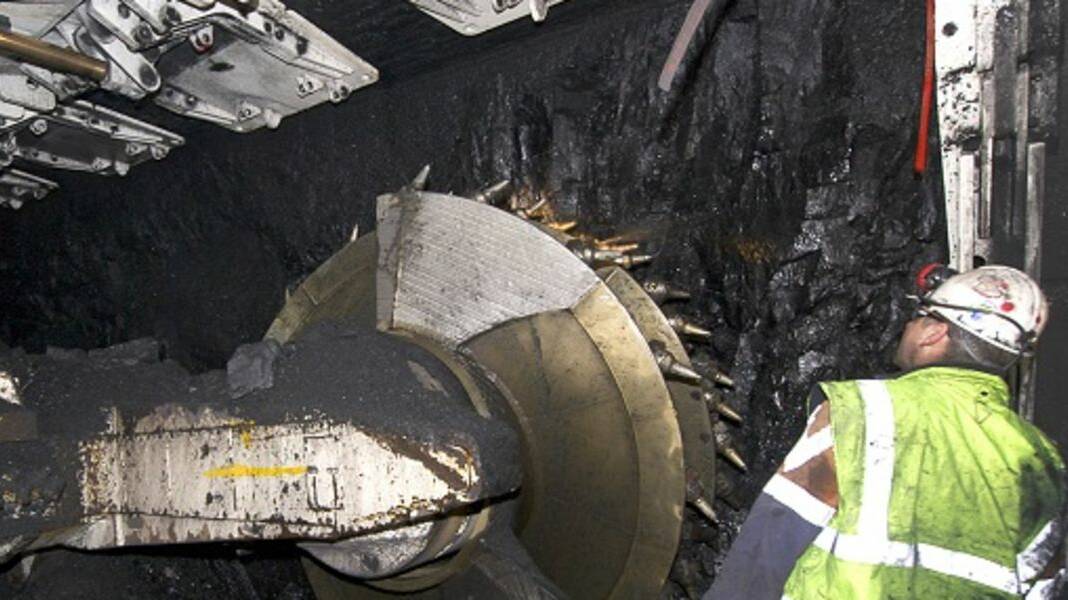
Whitehaven Coal's Narrabri underground mine has received NSW planning approval to extend its longwall operations and prolong the life of the mine by 13 years to 2044.
Whitehaven said its proposed extension would provide continued employment for hundreds of locals.
"The extension would also allow for the socio-economic benefits associated with the mine, including spend with local businesses and royalty payments to the NSW Government, to continue for more than another decade," the company said.
But opponents of the project, including the Lock the Gate Alliance, have slammed the planning approval arguing that the extension would be responsible for nearly half a billion tonnes of carbon emissions and likely cause a 10 metre drop in groundwater levels.
The Independent Planning Commission's project assessment referral noted that NSW did not have a coherent policy to consider and determine the acceptable impact of new coal mining projects on climate change.
It also queried whether the project's purported economic benefits were accurate, given the extent of the greenhouse emissions .
Lock the Gate also said it believed Whitehaven had underestimated the number of farmer-operated water bores would be impacted by the extension.
The project will go before a public hearing of the state's Independent Planning Commission on February 14.
"Whitehaven's Narrabri Underground expansion would mean this coal mine is responsible for the highest volume of direct and indirect carbon emissions of any coal project determined by the Independent Planning Commission to date," Lock the Gate Alliance spokesperson Georgina Woods said.
"This is clearly unacceptable at a time when the world desperately needs to reduce greenhouse gas pollution and avoid worsening the climate crisis."
She said the department's decision to recommend approval was particularly infuriating because, for the first time, the department had sought advice about the project's carbon emissions.
"The department's admission that NSW has no coherent policy about how to prevent and manage the greenhouse emissions of the state's coal mines is damning, but that policy failure should not mean this damaging project gets waved through," Ms Woods said.
"The department has admitted that accurate economic costing of this climate change impact would reduce its purported benefits. By our calculation, if Whitehaven Coal had honestly assessed this issue, this coal mine would have a net negative impact on the economy of NSW."







